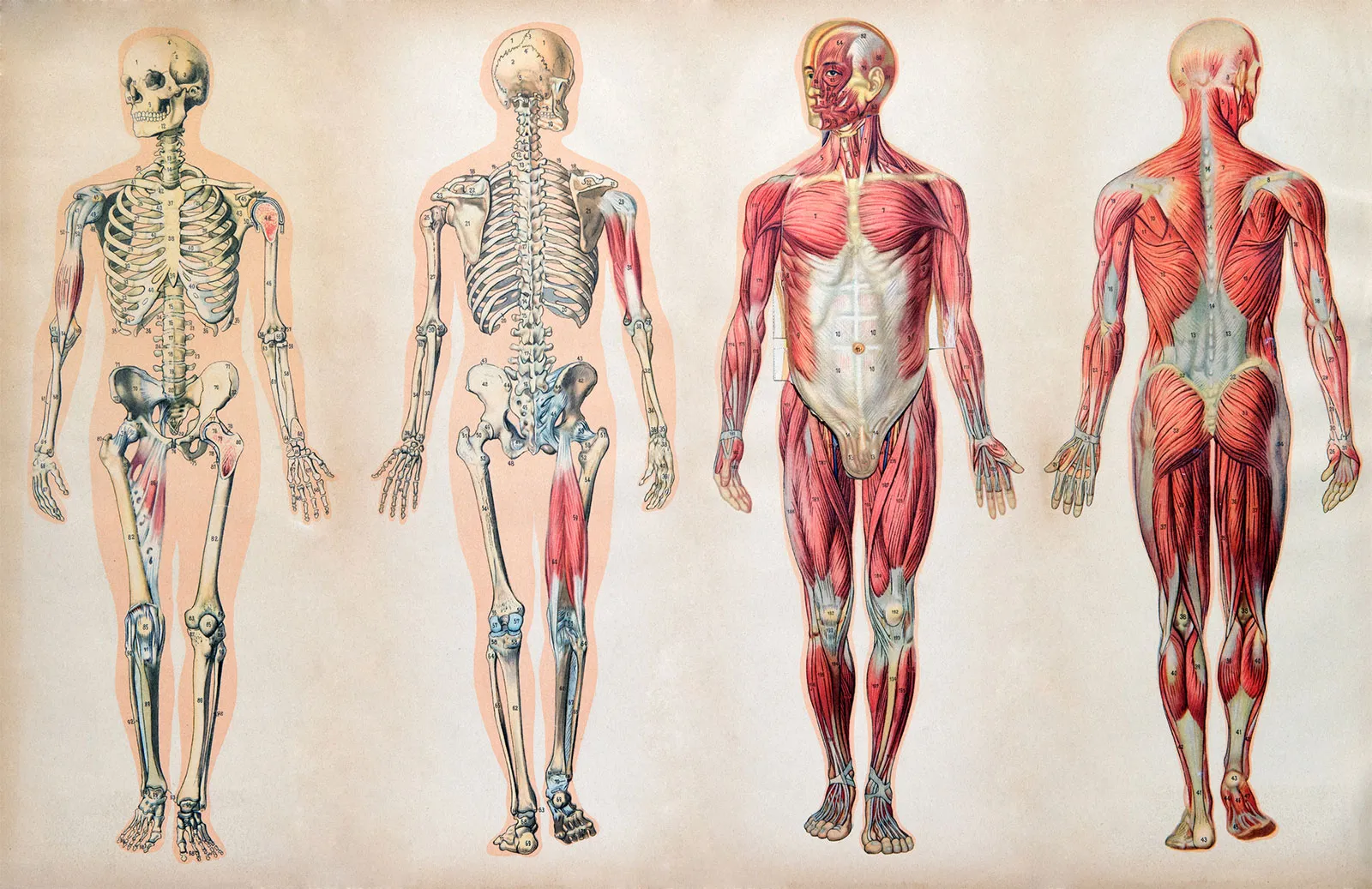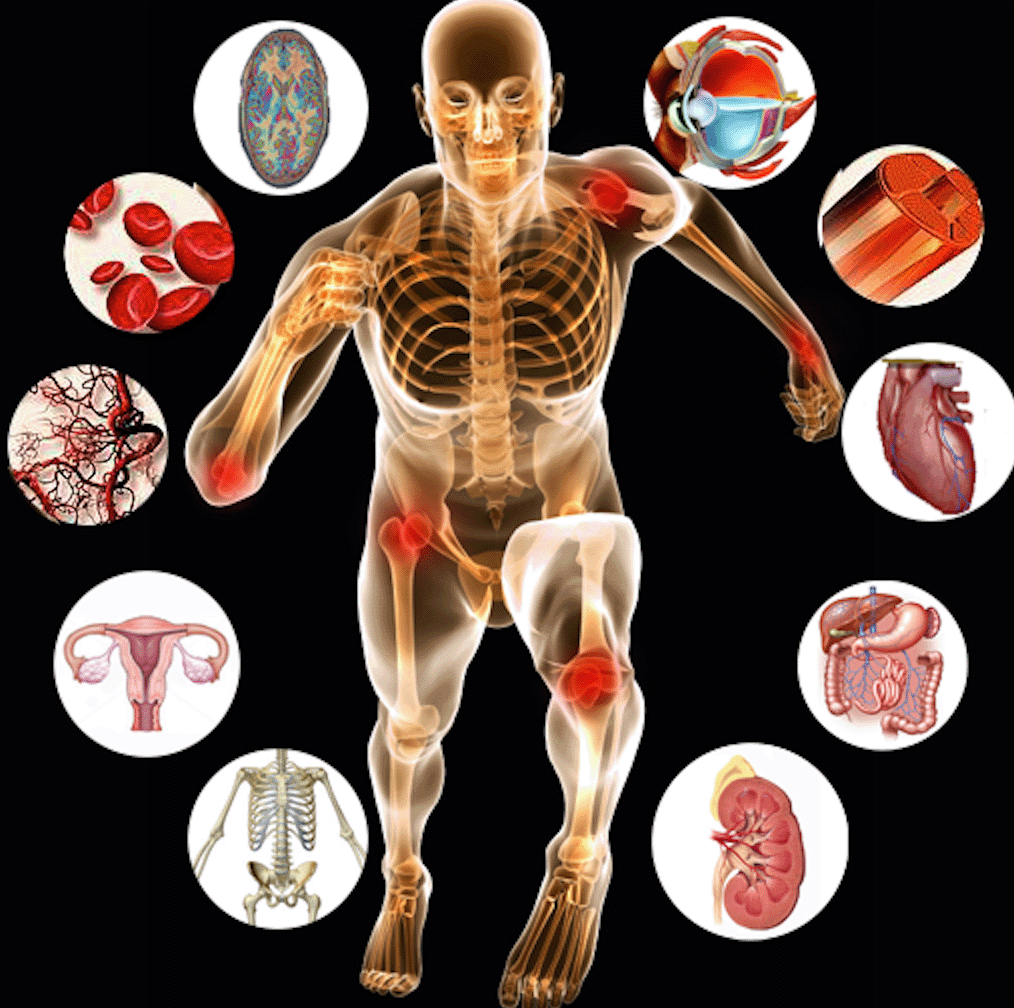Definition of physiology and it’s Branches -The course is designed for the basic understanding of anatomical structures and physiological functions of human body, musculoskeletal system, digestive system, respiratory system; cardiovascular system; urinary system, endocrine system, reproductive system, nervous system, hematologic system, sensory organs, integumentary system, and immune system. The aim of the course is to acquire knowledge and skills regarding anatomy and physiology.
Definition of physiology and it’s Branches

Physiology: (from the Greek physis = nature; logos = study)
Physiology is the study of biological function of how the body works, from molecular mechanisms within cells to the actions of tissues, organs, and systems, and how the organism as a whole accomplishes particular tasks essential for life. In the study of physiology, the emphasis is on mechanisms with questions that begin with the word how and answers that involve cause-and-effect sequences.
The goal of physiology is to explain the physical and chemical factors that are responsible for the origin, development, and progression of life.
Definition:
Physiology is the study of how the body systems work, and the ways in which their integrated activities maintain life and health of the individual. —(Ref: Ross and Wilson)
Or,
Physiology may be defined as a branch of science dealing with the study of normal functions of living organism and its parts with their principal mechanism & control. In the study of physiology, cause- and-effect sequences areemphasized. –(Ref: Guyton and Hall)
Or,
Physiology is the branch of science that deals with various functions of living organism and the processes which regulate them.
Sub divisions of physiology
The study of functioning of each system of the body can be studied under the following sub divisions of physiology:
- Neuromuscular physiology
- Respiratory physiology
- Cardiovascular physiology
- Physiology of excretory system
- Digestion and metabolism
- Immunology
- Endocrinology
— (Ref: PR Ashalotha, Textbook of Medical Physiology for Nurses, 4″ ed P-4)

Branches of physiology:
Physiology can be divided into
- Viral physiology
- Bacterial physiology
- Cellular physiology
- Plant physiology
- Human physiology & many more subdivision.
—(Ref: Guyton and Hall, Textbook of Medical Physiology, 13 ed, P-3)
